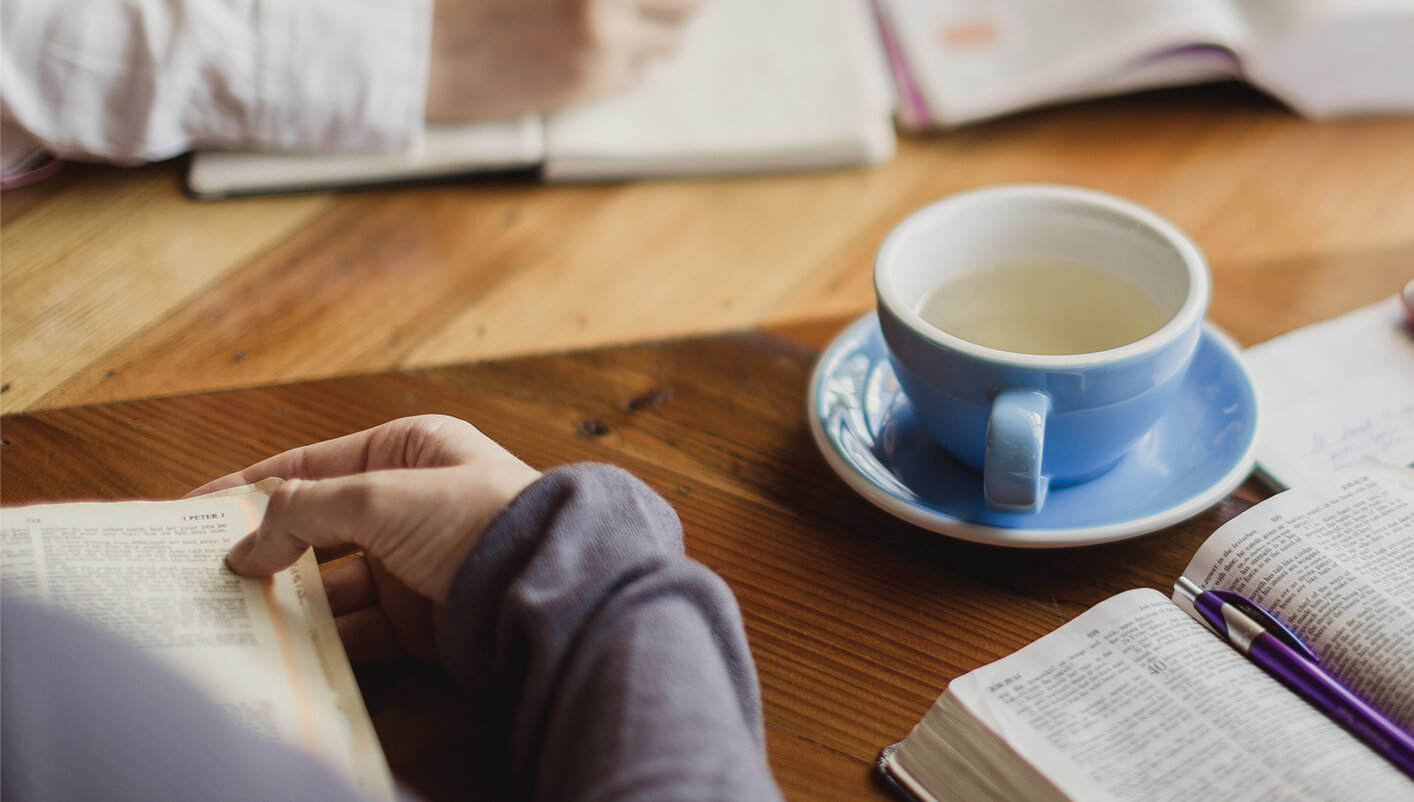One thing we can be certain of in life is that there will be uncertainty. And, for most of us, with uncertainty comes fear and anxiety. Since living with anxious thoughts is not only exhausting, but it is also not God's desire for us, it is helpful to understood helpful tips and tools for experiencing peace even when our life, and even our world, feels uncertain.
If you are anything like me recently, you too may have thought or felt that the world is spinning entirely out of control. We have suffered through the pain and challenges of the global COVID-19 pandemic, the ongoing wrongs, and sins of racial and ethnic prejudices and add to it the societal instability. It feels utterly overwhelming and hopeless at times.
A few months back, I remember waking up feeling overwhelmed by all the chaos in the world. I vividly remember driving into work, telling myself, "Certainly today will be better," only to find that our circumstances grew worse throughout the day. Again, I told myself, "Well, tomorrow will be better," only to wake up to more pain and uncertainty. What became clear to me was that I was looking to the circumstances around me for my stability.
The truth is we all seek certainty. Our brain craves it. Many studies have shown that we are calmer anticipating pain than uncertainty. How fascinating that uncertainty can feel scarier than actual physical pain. On some level, I think we all know this to be true. Anticipating a negative outcome can so often be harder than the result itself. I recently had a personal example of this struggle while waiting for biopsy reports to come back for my husband. In many ways, the waiting was worse than receiving the diagnosis.
Why is this? When we face uncertainty, the brain reacts with a fight-flight response. It will often overestimate danger and triggers hormones that tell the body to watch out, leaving you anxious and worried about the future.
So, returning to my anxiety during these uncertain times, I recognized that I was seeking certainty in my circumstances. As a believer and a mental health professional, it could be very tempting to berate myself for these experiences. Instead of ignoring or shaming myself, I asked myself, "How do I face today's challenges with gracious uncertainty?" These thoughts came to mind.
1) Remember Jesus's compassionate instructions to us. Uncertainty isn't new. As we read in the Bible, God's people faced uncertain circumstances throughout history. His disciples, those closest to Jesus, faced anxiety and fear as He told them He would be going to the Cross. With loving words, Jesus spoke to them, "Peace I leave with you; my Peace I give you. I do not give to you as the world gives. Do not let your hearts be troubled and do not be afraid." Remembering God's kindness and compassion toward our fear enables us to face them. I believe the degree I can meet my struggles with kindness and compassion is the degree I can offer the same to others as they struggle.
2) Clinging to God's loving word during anxiety anchors us to His faithfulness. I have heard it said of ships when they get into a storm, drop anchor and be still. Staying in the present moment keeps us from future tripping about what might or might not happen. One beautiful way to stay anchored in the present is to take God's word and literally breathe it in. I invite you to stop throughout your day, breathe in His Peace and, breathe out fear. Anchoring God's word to the breath is a beautiful way to hold on to the hope of His word.
3) Stay connected to God and His people. Did you know that when we talk to family and friends, it releases all those good oxytocin chemicals in the brain? I know you’re thinking, "You don't know my family," but it's true. God has designed us for connection, and part of that beautiful design is the benefits our brain receives from connecting with others and Him. Our Church family is also a considerable resource God has given us during these challenges. I encourage you to invite your friends and family to be a part of our online services, or if your health permits, attend one of our in-person services. This connection is vital to our hearts, souls, and minds as well.
4) Give gratitude for the fleas. What? One of my favorite stories is from the book The Hiding Place. Corrie Ten Boons' sister is challenging her in a concentration camp to practice gratitude. What follows is a less than half-hearted prayer of gratitude for the fleas. What God makes clear later is the reality that Corrie and her sister were able to share the gospel and lead women to Christ before they died all because the guards would not enter their barracks. Later, Corrie sincerely thanked God for the fleas. Part of gratitude is the practice of thanking God amid the fleas. Gratitude may be a challenge for you right now. It's not easy, but it allows us to change our perspective, brings us back to the present, and anchors us to His love and faithfulness.
Staci Reichmanis, MA, LPC











